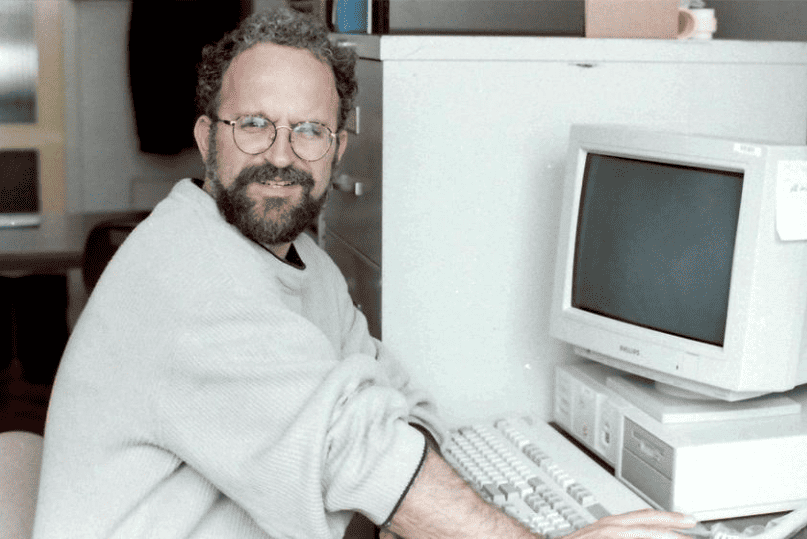
The Netherlands is a country of cyclists, but unfortunately riding a bike is not without risks. In 2020, more than 200 cyclists were killed. That number hasn’t been this high in 25 years. Joris Koops from the Dutch town of Assen wants to see to it that people, young and old, continue to hop on their bikes with confidence and that is why he founded Bypoint. The company is launching a new fall detection system on the market this month for use on bicycles. This automatically switches on assistance as needed. Koops explains to Innovation Origins exactly how that works.
How did you come up with the idea of developing a fall detection system?
“I heard some time ago from my grandmother that an acquaintance of hers had fallen off her bicycle. This person had to wait a really long time for help to arrive, even though she had severe injuries. There must be another way, I thought to myself at the time.”
“I then started doing research into the number of bicycle accidents and found out that this number is rising sharply in the Netherlands. This is mainly due to the electrification of bicycles. People cycle faster and farther and are more likely to get to a place that they don’t know well. If, after a fall, you are still able to contact someone you know or the emergency services by yourself, it is still pretty difficult to give the exact location of where you fell. As a result, chances are that a search has to be made and valuable time is lost. And that while time is crucial after a bicycle accident.”
“I have now devised a system that knows when somebody has fallen and then calls for help from someone they know. The system does this without the need to link a cell phone or app by automatically contacting that person via a text message over the phone and relaying their location.”

How does that work exactly?
“Our system, with the help of sensor technology and software, can tell when someone has fallen off their bike. Should it happen, a speaker will tell them: ‘It looks like you have fallen. If you are not able to press the button within one minute then help will automatically be called.‘ A cyclist inputs 3 contacts into the system in advance. One minute after someone falls, a text message is sent to contact person number one. If this person does not respond, then person number two is called and then person number three. Once someone responds to the text message, that person is shown a map with GPS coordinates so they know exactly where to go. Our system then notifies the fallen person that help is on the way.”
What are you busy working on at the moment?
“We are in the final testing phase right now. Last month, we started actively approaching resellers of the product to companies in the cycling branch. Dozens of parties have expressed interest. We are also selling directly to consumers through our own website.”
“We have also partnered up with the Province of Drenthe. We are collecting data on accidents from them. This enables us to pinpoint where people often have falls. After a while, the amount of falls says something about the safety of a particular cycling path. Where necessary, the road infrastructure can then be modified.”
Do you feel confident that your product will catch on in the market?
“Ever since the number of bicycle accidents has risen, you also notice more and more attention is being paid to them. For a start, more helmets and mirrors are being sold. You also read about it in newspapers and hear about it on television more and more often. The need for safety products like ours is greater than ever. So, I do believe that sales of our product will definitely do well.”
“A couple of weeks ago we were at the 50PlusBeurs (50+ Trade Fair, ed.) in Utrecht. We also received lots of positive reactions there. That’s important for us, because even though our target group is diverse, it’s older people in particular who stand to benefit from the system.”
Are there any special functionalities that you would like to add to your system in the future?
“I would really love to ultimately start a collaboration with the emergency services call center. That we add the emergency services call center to the system as a fourth contact. We have noticed that the emergency switchboard is starting to work more and more with these kinds of SMS systems. We would be able to provide them with useful information. However, we would first have to prove that we wouldn’t overtax the system unnecessarily. But eventually, I can definitely see such a joint partnership.”








